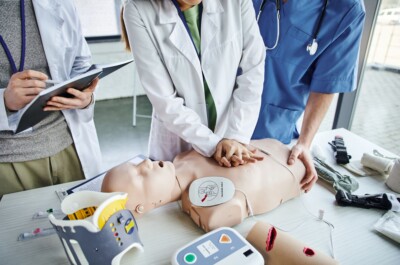 / Science, Engineering & Technology / Health
/ Science, Engineering & Technology / Health


Health security for both the individual and the general public is considered a fundamental human right and one of the foundations of society. According to the World Health Organization (WHO), health is a state of complete physical, mental, and social well-being and not merely the absence of disease or infirmity.
In most developed countries, including Israel, health is considered a fundamental social right that should be accessible according to health requirements and not financial means. Israel’s national healthcare system is one of the most complex societal authorities, comprising a wide range of institutions and organizations committed to striving for the optimal health of the population based on the principles of justice, equity, and solidarity. These rights are a tenet of the National Health Insurance Law. Additional objectives include quality control, regulation, effectiveness, and the preservation of social cohesion.
The focus on health at the Samuel Neaman Institute is directed toward addressing the entire healthcare system as well as the field of medical education, which plays a pivotal role in preparing the next generation of doctors and healthcare professionals.
Yehudit Dori, Shahaf Rocker Yoel, Effrat Akiri, Dan Waisman, Gideon Paret
Rinat Klein, Avida Shoham, Sima Tziperfal, Daphne Getz, Nadav Caspi, Shani Pais

The Samuel Neaman Institute serves as a platform for dialogue, collaboration, and the advancement of

The research goal was to examine specialist neonatologists’ perceptions of CBME implementation, identifying advantages and

This document, which is based mainly on a literature review, presents some examples and characteristics

As of 2022, the World Health Organization (WHO) reports that over a billion individuals globally